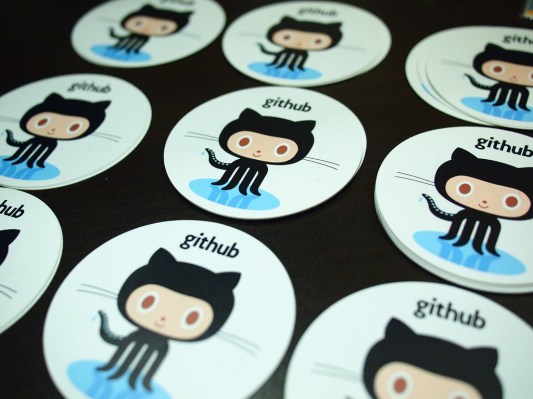GitHub, the online repository startup, has released its first-ever diversity and inclusion report, revealing that it’s no different from the rest of tech companies in Silicon Valley and beyond. At a high level, GitHub is 64% male worldwide and 64% white in the U.S. That said, the company has improved since the end of 2014, when it was 79% male and 21% female worldwide.
Among leading tech firms in Silicon Valley, 47 percent were white, 30 percent were women, 41 percent were Asian American, 3 percent were black and 6 percent were Hispanic, according to a recent analysis by the Equal Employment Opportunity Commission of 2014 EEO-1 data.
This comes at a time when the company is undergoing a bit of an overhaul after the recent departure of at least 10 executives. Some people at the company have also criticized GitHub’s social impact team, which is in charge of diversity and inclusion efforts, Business Insider reported in February. One person pointed to a talk held by GitHub VP of Social Impact Nicole Sanchez that touched on how diversity and inclusion “is not work for white folks to lead” and “some of the biggest barriers to progress are white women.”
Those points didn’t sit well with some people, but I completely agree with both of those statements. White people are the most privileged racial group in the U.S., so they have no business being in charge of diversity and inclusion work. Putting white people in charge is probably how you end up with white women disproportionately benefiting from diversity and inclusion policies.
At GitHub, it’s clear that white women are faring better than people from other underrepresented groups. Of the 36% of women at GitHub, for example, most of them (57%) are white.
GitHub does not have any concrete goals in place, which is strange, but the report today does say that diversity and inclusion is “core to our long-term success and our mission — and it’s the work of every GitHubber.”
